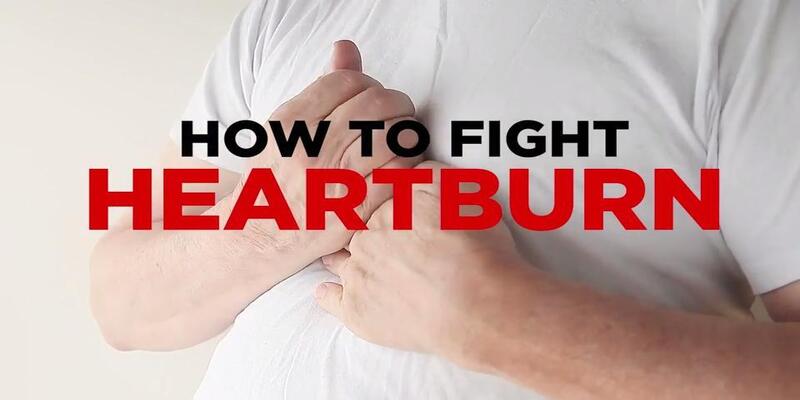Even while there is no such thing as a "perfect diet," even little changes may have a significant impact. (VEER)People with heart disease have far more to lose by not eating well than the average person. What you eat may either assist your heart or give you heart disease. Whether or whether you should follow a certain diet to reduce your risk of heart disease depends on your situation. For those who suffer from Hypertension, it is recommended to go with a low-sodium, low-fat diet. Olive oil, omega-3 fatty acids, and other heart-healthy fats are worth considering for those with high cholesterol. Those looking to trim the fat from their bodies might follow a reduced-calorie version of their current heart-healthy eating plan. Losing one pound per week is the typical result of eliminating 500 calories daily. Crash diets are dangerous and seldom result in lasting weight reduction; the safest strategy to reduce weight is to strive to lose up to one pound weekly.
Having A Healthy Weight Is Good For Your Heart

Eating well may help you maintain a healthy weight, which is one of the many benefits of doing so. Those with a body mass index (BMI) of 25 to 29.99 had a 72% higher chance of getting coronary heart disease during three years than men with a normal BMI, according to the research of almost 30,000 men. Men who were overweight had a 244% higher risk. Another research revealed that following any weight reduction strategy, including a high-fat diet, for a year may decrease your LDL/HDL ratio by 10% and slightly improve total cardiac risk factors.
Do Eat Like A Greek
Even if you are not overweight, you should still pay attention to the types of food you eat. A Mediterranean diet, which is low in red meat but high in healthy fats, may help your heart even if you still need to meet the American Heart Association's recommendation of obtaining fewer than 30% of calories from fat.
In the landmark Lyon Diet Heart study, researchers found that a Mediterranean diet, which is heavy in olive oil, whole grains, nuts, fish, fruits, as well as vegetables while low in red dairy and meat can cut the risk of future cardiac arrest as well as sudden death by as much as 70%. Only four years into the study did researchers find no significant differences in survival rates between the AHA as well as Mediterranean approaches among heart attack survivors. Compared to the typical American diet, both diets cut the risk of death, heart attack, stroke, and hospitalization for heart ailment by about two-thirds.
Those who want to improve their heart health should eat more fruits and vegetables. In almost 12 years, the Physicians' Health Study monitored over 15,000. Men who were heart disease-free. Heart disease risk was reduced by roughly a quarter for individuals who had at least 2.5 servings of vegetables each day compared to those who consumed less than 1.5 servings. An additional 17% risk reduction was seen for every extra serve.
Lowering Sodium Levels May Benefit The Heart

The DASH (Dietary Approaches to Stop Hypertension) diet is recommended for patients suffering from hypertension-related heart disease. The diet plan may decrease blood pressure by around 12 points in the systolic number (the higher number) and about 6 points in the diastolic number (the lower number) due to the high fruit and vegetable content, low fat, and salt levels. It has been shown to provide around a 7% decrease in total cholesterol. Dr. Thomas Lee, a cardiologist at Harvard Medical School, states, "I'm a believer inside the DASH diet." The DASH diet or a similar one "may still protect the heart and minimize the risk of a heart attack, even if a patient is already on drugs to lower chances of developing heart disease."
Conclusion
In cardiology, three types of prevention are often discussed: secondary, primary, and primordial. All three share similar building blocks but launch at various points and have distinctive effects. Even little dietary adjustments have a significant impact. (VEER) Eating well cannot be overstated, but those with heart disease have more to gain. What you eat might either cause or prevent a heart attack. The risk factors you have for heart disease will determine your diet. People with Hypertension should have a low-sodium, reduced diet. High cholesterol patients may benefit from eating olive oil, fish, and foods rich in omega-3 fatty acids. A calorie-restricted, heart-healthy diet is necessary for weight reduction. Five hundred calorie deficits each day lead to one pound weekly weight loss. Maintaining a weight loss of one pound per week is the most medically-recommended target. Extreme weight loss programs carry serious health risks and have little results.




